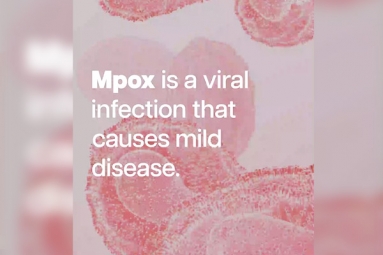Immunization saves between 2 and 3 million lives each year. Vaccines are relatively inexpensive and extremely powerful weapons against disease, disability and death. They protect people of all ages, from babies to senior citizens, against life-threatening diseases. For the first time ever, from 21-28 April, countries across the world are participating in a World Immunization Week sponsored by the World Health Organization.
To underscore the importance of immunization in saving lives, and to encourage families to vaccinate their children against deadly diseases WHO is uniting countries across the globe for a week of vaccination campaigns, public education and information sharing under the umbrella of World Immunization Week.
Immunization saves between 2 and 3 million lives each year. Vaccines are relatively inexpensive and extremely powerful weapons against disease, disability and death. They protect people of all ages, from babies to senior citizens, against life-threatening diseases. For the first time ever, from 21-28 April, countries across the world are participating in a World Immunization Week sponsored by the World Health Organization.
Worldwide collaboration provides an opportunity to boost momentum and focus on specific actions such as: raising awareness on how immunization saves lives; increasing vaccination coverage to prevent disease outbreaks; reaching underserved and marginalized communities (e.g. those living in remote areas, deprived urban settings, fragile states and strife-torn regions) with existing and newly available vaccines; reinforcing the medium- and long-term benefits of immunization (e.g. giving children a chance to grow up healthy, go to school and improve their life prospects).
Benefits of immunization: Immunization is one of the most successful and cost-effective health interventions and prevents between 2 and 3 million deaths every year. From infants to senior citizens, immunization prevents debilitating illness, disability and death from vaccine-preventable diseases such as diphtheria, hepatitis A and B, measles, mumps, pneumococcal disease, polio, rotavirus diarrhoea, tetanus and yellow fever. The benefits of immunization are increasingly being extended to adolescents and adults, providing protection against life-threatening diseases such as influenza, meningitis, and cancers (e.g. cervical and liver cancers) that occur in adulthood.(SSNS)























